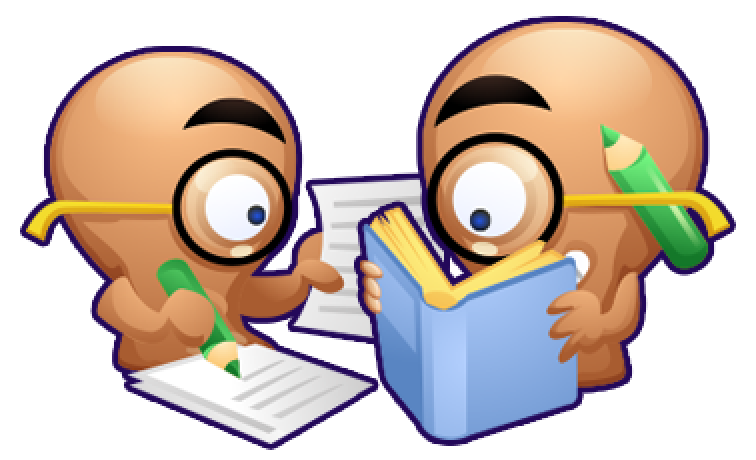10 CLASSROOM ICEBREAKERS
10 CLASSROOM ICEBREAKERS TO TRY
1.
Blobs and lines
This activity is easy, quick, keeps
students moving and talking, plus helps them discover what they have in common.
The idea is for students to listen to their teacher’s prompts and organize
themselves in a line (for example, in alphabetical order of
last name) or in blobs according to something they have in
common (birth month).
Try these prompts:
·
Line up in chronological order of
your birthdays
·
Line up in order of how many
siblings you have
·
Line up in alphabetical order of
your fathers’ names
·
Gather in four blobs: those who
travelled by car to class, those who travelled by bus, and those who traveled
another way
2.
Signatures
Ask the students to invent a
“signature” movement or sound. It can be extremely simple: a clap, cough, turn
in a circle, bow, word, mime, or gesture. Show yours first and go around the
class (the students’ signatures shouldn’t repeat). Then it’s time to remember
them, beginning with yours and going around the circle again.
4.
Classmate bingo
Create bingo cards with prompts for
students to use to ask each other questions. The idea is to cross off all the
squares. Use simple prompts like those below, or try more complicated ones for
higher level classes:
·
Has been to Paris
·
Likes spiders
·
Is reading a book in English at the
moment
·
Has more than four siblings
·
Does not have a middle name
·
Got up late yesterday
·
Is allergic to something
5.
Who’s in your circle?
Ask your students to draw three
cocentric circles on a piece of paper. Give them a topic (food, seasons,
sports…) and ask them to write it in the center circle. In the second circle
students write “love”, in the third “like”, and outside the circles “don’t
like”. Under the topic, students individually choose a specific example to
focus on (e.g., bananas, spring, tennis). Students then mingle and ask their
classmates how they feel about the item they have chosen, writing the students’
names in the circles that correspond to their opinions. Repeat with another
topic.
6.
Two truths and a lie
Students write down three sentences
with information about themselves, however, one must be a lie. Other students
then ask them follow-up questions to discover which statement was a lie.
7. Three things in common
Small groups must identify three
things that they have in common with each other – the stranger, the better. Put
prompts on the board if you like, then
give students time to talk. Later, students report back and vote on which group
has the strangest three things in common.
8.
Time bomb name game
This is a fun, quick activity for
students to remember each other’s name. Ask your class to form a circle and say
their name. Then, throw a tennis ball to one of your students. They have two
seconds to say some one else’s name and throw the ball to them, before it
“explodes” and they are out of the game. Continue until only one student
remains.
9.
Beach ball toss
Before class, write icebreaker
questions over a beach ball in permanent marker. Standing in a circle, students
throw the ball to each other. When caught, or when the teacher says “stop”, the
student with the ball must answer the question closest to their left thumb.
Repeat until each student has answered at least one question.
10.
Sit down if…
With the class in a circle the
teacher asks a series of quirky yes/no questions. Students sit down if
they can answer “yes” and the last student standing is the winner.
.



Comments
Post a Comment